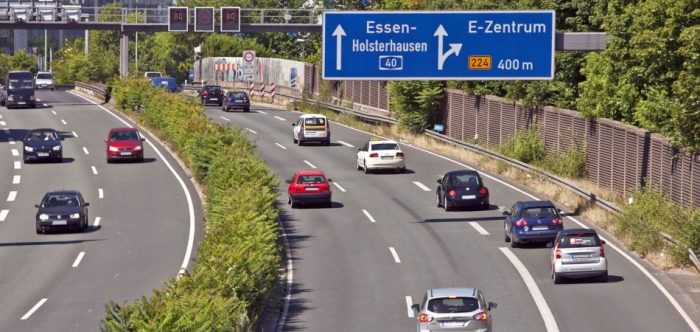
5G video tested for connected cars on German freeway
A new project has tested out 5G video for connected cars. Autonomous vehicles require connecting with their surroundings via a mobile communications infrastructure. To test this out, the equipped cars have been driven on a German autobahn.
The 5G equipment has been designed by German firm Rohde & Schwarz. The new test forms part of a €6 million research project which is examining video links across existing mobile communications systems, with the A9 autobahn in Germany being used as the test center. Funding is provided by the German Federal Ministry of Transport.
The project will help both with the development of connected vehicles and it will that will also support the future development of 5G networks. Because future 5G systems will use frequency bands that are not presently available for mobile communications, these must be investigated in a prototype 5G network structure. A related aim with the study is to make traffic safer, more efficient and simpler.
The Providentia research project (named after the Roman goddess who could foresee and make provision) includes the assessment of “proactive video-based use of telecommunications technologies in innovative highway scenario”. Providentia is an acronym for “Proactive Video-Based Use of Telecommunication Technologies in Innovative Highway Scenarios.”
The tests undertaken so far have drawn upon data collected from distributed sensors, drivers and automated vehicles along the A9 autobahn. As part of the trials, the test vehicles received a digital image of the traffic situation. This enabled the vehicles and their drivers to assess what is coming up ahead and thus helps to ensure a smooth traffic flow.
The vehicles were connected to a wide area network, which was facilitated by a high-performance mobile communications infrastructure. The test equipment checked the mobile communications infrastructure along the test route. The collected data is analyzed using the R&S ROMES4 software.
Providentia includes major car manufacturers, including BMW, and automotive technology firms like IPG Automotive. The collected data is shared with the project partners, which enables a detailed review of the performance of the mobile communications infrastructure. This information will assist with the development of automated driving given that smartphones, tablets and onboard infotainment systems can generate additional data traffic.
